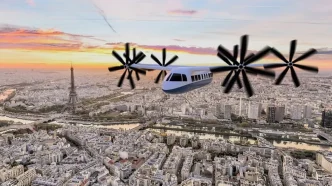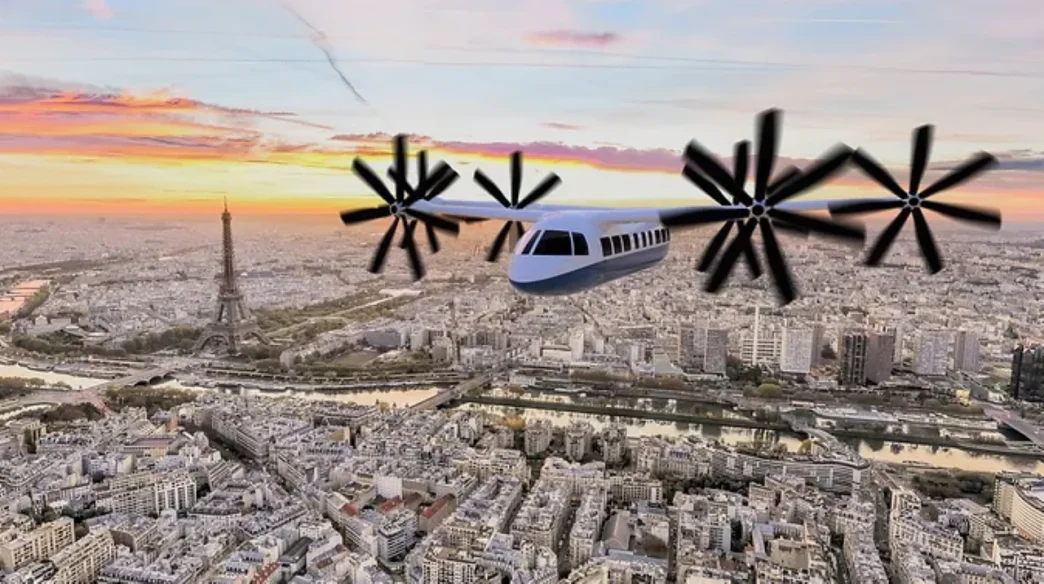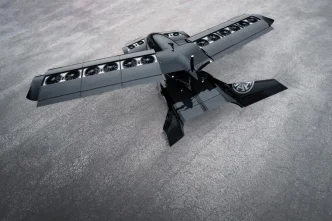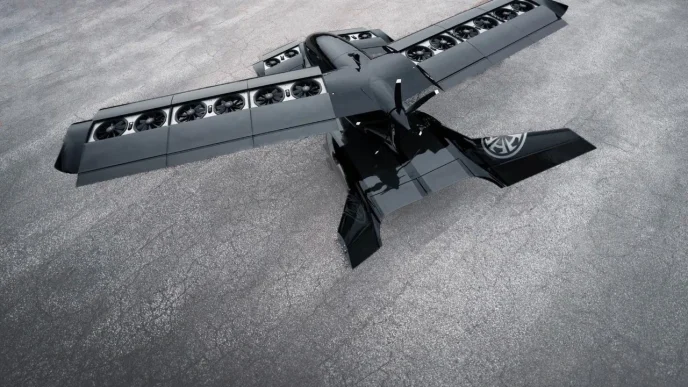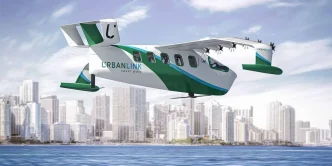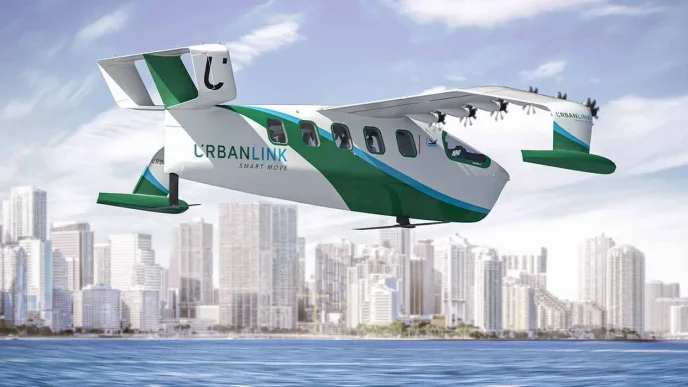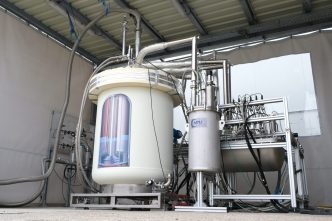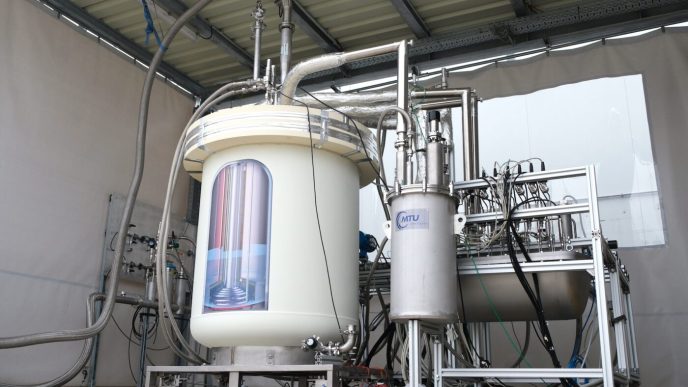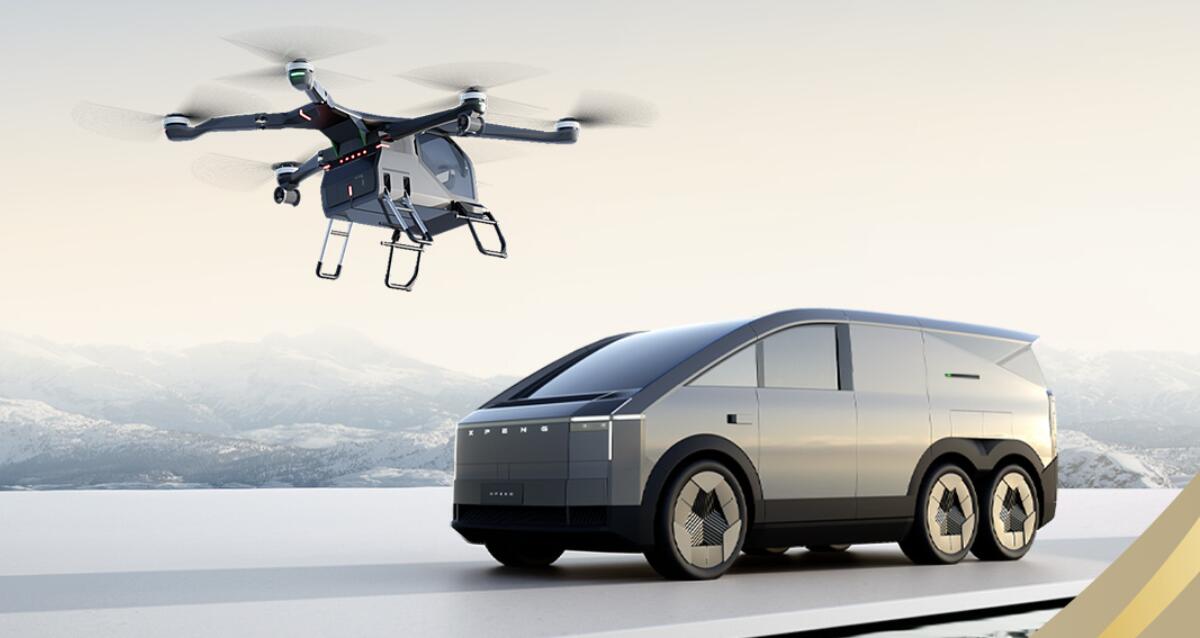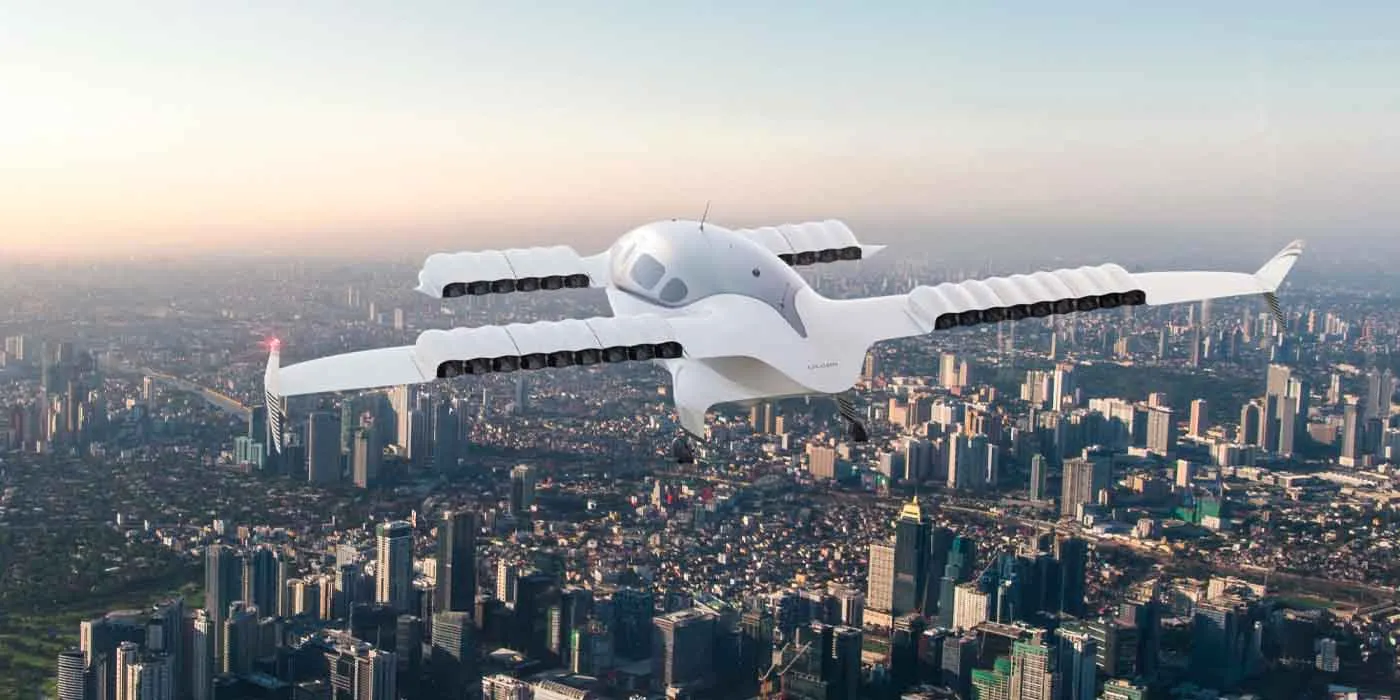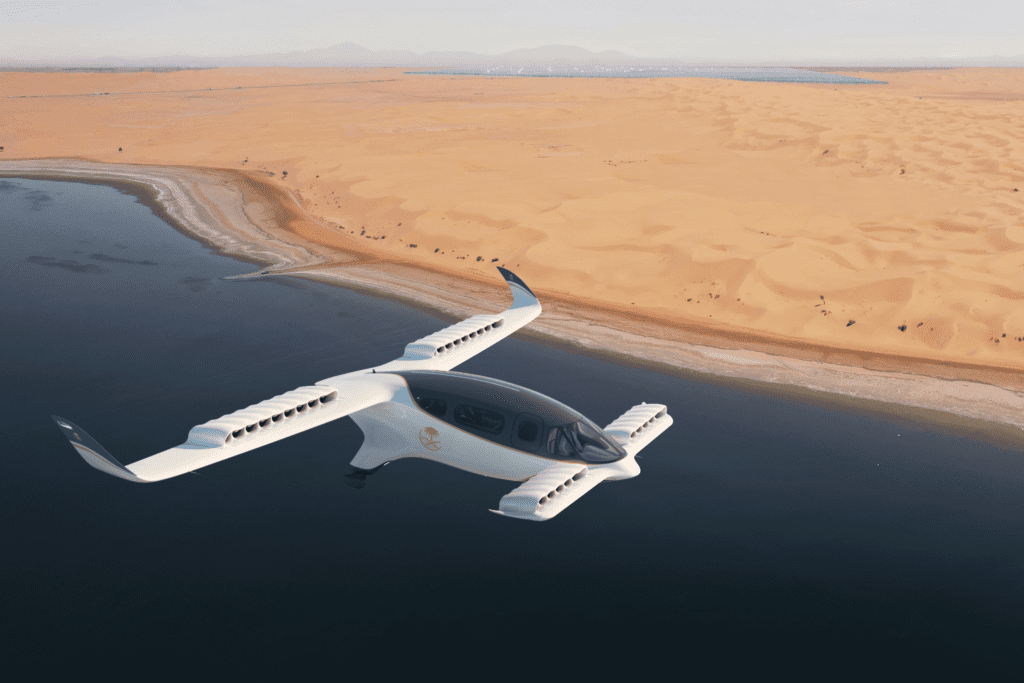Sora Aviation, based in Bristol, U.K., has begun testing battery technology for its 30-passenger electric vertical takeoff and landing (eVTOL) vehicle, the Sora S-1, in collaboration with the University of Bath. This partnership is taking place at the advanced propulsion research center, IAAPS, located at the Bristol and Bath Science Park.
The Sora S-1 is designed to offer air taxi services at a fare of $30 to $40 per passenger. According to Sora CEO Furqan, “The aircraft has six tilting rotors, like the Joby S4,” referencing a similar model by Joby Aviation. The Sora S-1 distinguishes itself by accommodating more passengers compared to typical air taxis, which generally seat four passengers and a pilot.
Furqan highlighted that Sora does not see air taxis as direct competitors, noting, “Firstly, they’ll still be cheaper to operate than helicopters and thus will have some demand for business travelers and wealthier individuals. At Sora’s price point, we’re targeting a different customer: the average public.” He also acknowledged the contributions of air taxi companies to advancements in battery and motor technology, stating, “We’ll be able to benefit from and leverage all of this in our development.”
The design of the Sora S-1 focuses on cost efficiency through increased passenger capacity. “The main advantage of carrying 30 passengers is splitting the cost of the trip over a greater number of seats. The feasibility of large eVTOLs is well proven,” Furqan explained.
While some air taxis are expected to be deployed by 2025, Sora’s timeline is longer, with the first flight scheduled for 2028 and certification expected by 2031. “We are excited to partner with the University of Bath at IAAPS,” Furqan said. “This collaboration is a vital step towards advancing affordable and sustainable large-scale advanced air mobility.”
The Sora S-1 will be fully battery-powered, and the testing at the university will focus on high-energy-density battery cells. Furqan commented, “The feasibility of batteries is a function of range and not size. A large eVTOL such as the S-1 can fly the same range as a small eVTOL using the same battery mass fraction.” He noted that challenges arise when attempting significantly longer ranges, which are not the focus for the S-1.
Professor Chris Brace, executive director of IAAPS, expressed support for the partnership, stating, “At IAAPS, we thrive on working with forward-thinking companies like Sora Aviation, whose vision for advanced air mobility aligns with our drive for technological innovation.”

